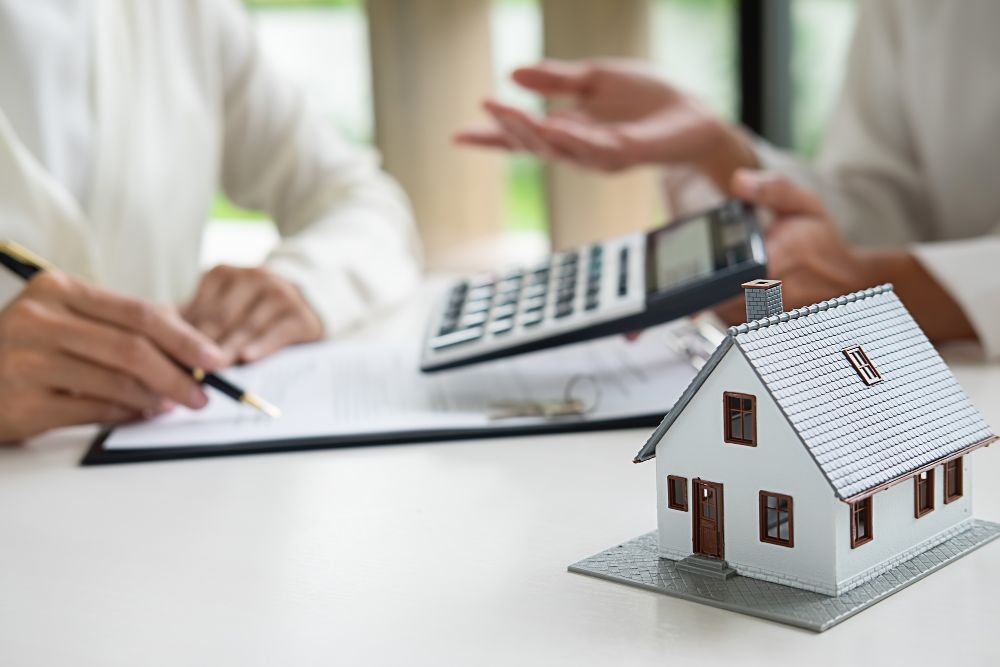While purchasing a home can be an exciting time, it can also be a time-consuming and difficult procedure. The closing procedure, which includes the ultimate transition of possession from the vendor to the buyer, is one of the most important aspects of purchasing a home. The response to the frequently asked question of how long it takes to close on a house depends on a number of variables.
From the time the purchase deal is completed until the time the keys are given to the new owner, the closing process typically takes between 30 and 45 days. The sort of mortgage loan, the complexity of the deal, and the effectiveness of the parties engaged can all have an impact on this timeline.
The Causes to Delay Closing on a House
Although there are many potential causes for closing on a home to be postponed, it’s a good idea to be conscious of some of the most typical ones. This will enable you to foresee potential problems and avoid them before they happen.
It’s possible for the evaluation procedure to experience one of the most frequent delays. Appraisals, carried out on your behalf by a licensed assessor, assist in ensuring that you are spending what your new home is actually worth. Your lender may postpone the closing if your valuation is less than the selling price in order to guarantee that they will be paid in the case of a default. That implies that the vendor will need to take a reduced asking price into consideration or else your bank will ask for a second appraiser’s opinion.
In addition to delays brought on by the assessment procedure, problems with the buyer’s end typically lead to delays. These problems consist of:
- Failure of the purchaser to put the down payment into a savings or bank account in a timely manner to allow for money to be tracked
- the buyer’s credit record has problems
- a loan proposal that is not full
- Defaulted loan
Advantages of Closing Quickly
You might want to close swiftly to avoid a lot of hassle and worry and possibly reduce your moving expenses.
Avoiding extension costs for your mortgage rate lock is another important reason to expedite your closure. You can set in your mortgage rate with a mortgage rate lock, ensuring that it won’t increase as you close your loan. However, you might have to pay your provider a percentage charge if you go over the period of the lock.
Remember that releasing a rate lock can result in spending more interest overall, particularly if rates are rising. Therefore, it’s crucial to begin the house purchasing process. You should be ready to close as soon as possible, even though the house closing procedure typically takes 30 to 45 days. Even though some hiccups are inevitable, you can help to ensure a smooth closure by paying off all outstanding debts, getting ready all the necessary signature papers, and making the down payment on time.













